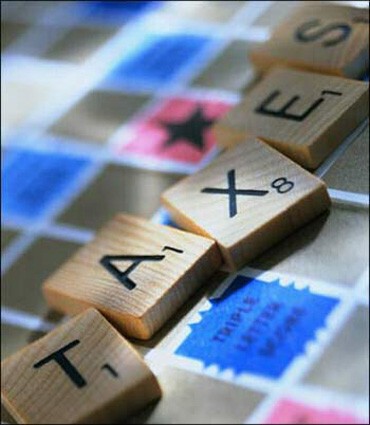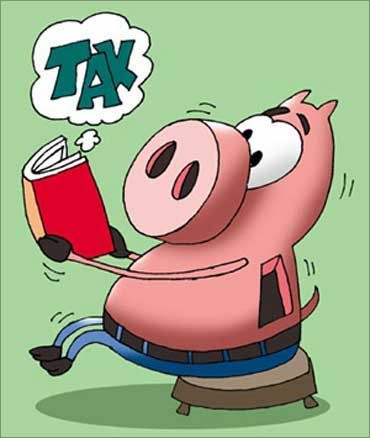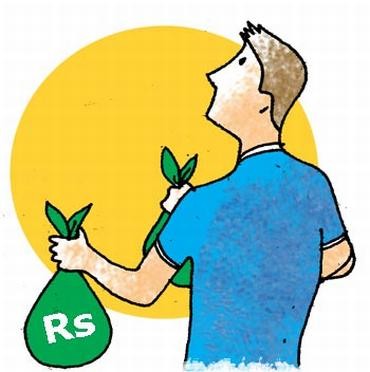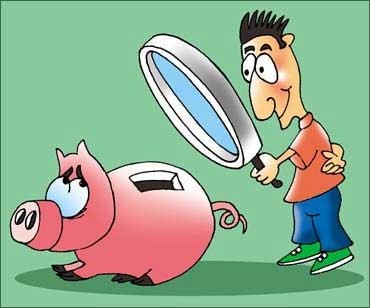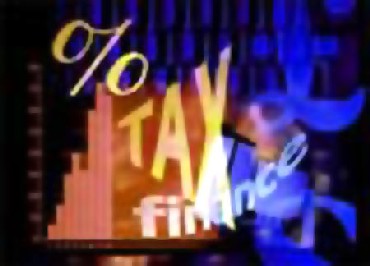 | « Back to article | Print this article |
Here's how you can avoid a double tax trap
Do the groundwork before the due date and keep the papers ready to avert from the double tax trap.
After the end of the financial year (March 31), we normally have four whole months (till July 31) to prepare and file our annual tax return.
However a familiar story is played out every year. Most taxpayers wait until the last few days to hand over the relevant papers.
If only taxpayers were more disciplined, the solution would be simple.
Click NEXT to read more...
Here's how you can avoid a double tax trap
The result is often sub-optimal, neither benefiting the taxpayer nor the chartered accountant preparing the tax returns - in fact, due to the sheer paucity of time, often one may end up underpaying or actually paying more tax than what was actually due.
Help yourself
- Maintain explanatory notes against bank pass books and statement of accounts for clarity on tax liabilities.
- Avoid double taxation by obtaining TDS certificates at the end of the financial year.
The following are some simple steps that every taxpayer can adopt during the year. These would make the process smooth and, at the same time, make the tax return accurate and free of any potential inquiries and scrutiny from the tax department.
Click NEXT to read more...
Here's how you can avoid a double tax trap
Bank Pass Book
Your bank statement of accounts or pass book is the back bone of your tax return. The deposits and withdrawals contained therein largely determine your tax liability.
Some incomes are taxable, some are specifically exempted and yet others are capital receipts that are not to be taxed at all.
In terms of expenses, depending upon your category (whether salaried, a businessman or professional), certain expenses are allowed.
Payments eligible for specific tax benefits can also be picked up from the pass book.
Click NEXT to read more...
Here's how you can avoid a double tax trap
That being said, the precise nature of the amount is difficult to decipher based only on the description given in the pass book.
Rajesh Iyer, learnt this the hard way last year. There was a deposit entry dated April 21, 2009, cryptically disclosed as "ECS CR REF".
Now in the month of July 2010, more than a year later, he had absolutely no idea what it meant and eventually ended up including it as miscellaneous income and the due tax was paid thereon.
Click NEXT to read more...
Here's how you can avoid a double tax trap
A couple of days after the return was filed, he managed to dig up the relevant pay-in-slip and discovered that 'REF' stood for 'Refund' and it was a part- refund of an initial public offer (IPO) application, which should never have counted as income in the first place.
However, a lack of proper record keeping and the fast approaching deadline cost him in terms of the additional tax paid.
A simple way out is to maintain a parallel pass book that is updated at the end of each month.
A brief explanation with every entry will make it easier to understand the tax liability on it.
Click NEXT to read more...
Here's how you can avoid a double tax trap
Tax deducted at source
This is the other area of inefficiency. Tax deducted at source (TDS) is like tax paid in advance - the amount of TDS has to be reduced from your final tax liability and only the net balance is payable.
However, this cannot be done if you do not have proof. In other words, without the TDS certificate, you will end up subjecting yourself to double taxation.
Though the new income tax return forms do not require the TDS certificate itself to be attached, the payment-wise details contained therein, along with the deductor's Tax Deduction Account Number (TAN) has to be provided.
Now, without the relevant certificate, you cannot get this information. So, as soon as the financial year ends, these should be obtained.
Click NEXT to read more...
Here's how you can avoid a double tax trap
This is as good a time as any to begin the above process for 2010-11 financial year.
The first step towards other simple, yet effective, tax planning and tax saving measures.
Once, you adopt these, there will never be any need for extensions or postponements of the tax due dates, no matter how complicated a form the government comes out with.
The writer is Director, Wonderland Consultants.
